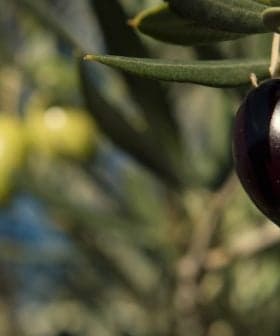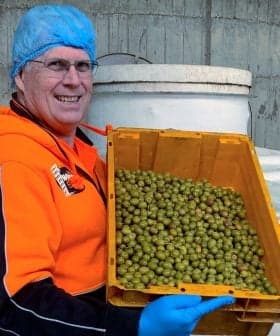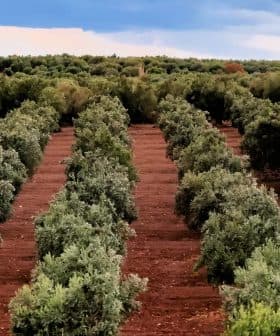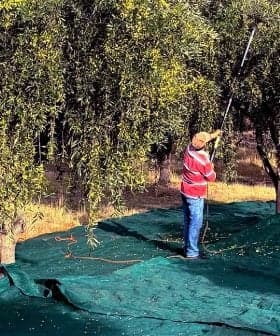Australia Adopts New Voluntary Standards for Olive Oil
Standards Australia has approved a new olive oil standard after receiving almost 800 public comments, aiming to protect consumers from deceptive practices and ensure quality products. The new standard will establish clear grading criteria, define Extra Virgin Olive Oil, and crack down on misleading labeling terms, with support from industry stakeholders and the Australian Olive Association.
Following a rigorous standards development process involving multiple industry stakeholders – and almost 800 public comments – Standards Australia has approved a new olive oil standard.
A benchmark for olive oil quality to ensure consumers get the product they pay for.
Standards Australia is a not-for-profit organisation recognised by the Australian government as the primary non-government standards body in Australia.
“Unscrupulous operators who are currently profiting from the significant price difference available by deceptively re-selling seed oils and/or inferior quality olive oil as high-value extra virgin olive oil will be seriously affected by this new regulation,” Leandro Ravetti told Olive Oil Times when the new draft was proposed in January. “Meanwhile, genuine and honest operators from Australia, New Zealand and overseas will receive the advantage of a level playing field where their higher quality products are protected and recognized.”
A member of the Standards Australia Technical Committee FT-034 Olive Oil representing Australian olive growers, Ravetti was in charge of writing the Standard, following directions received from a technical committee of varying representatives throughout the industry, and collating and resolving their comments and observations.
Colin Blair, the chief executive officer of Standards Australia said “The new standard will establish a benchmark for olive oil quality to ensure that consumers get the product they pay for. Olive oil can been found in virtually every kitchen pantry and this standard will result in better quality products for everyday consumers.”
Mr. Blair said the public comment process attracted significant public interest due to concern regarding the quality and consistency of olive oil products. According to Standards Australia, the new Australian Standard for Olive and Olive-Pomace Oils will:
• Clearly outline different grades of oil – whether fresh or refined
• Unambiguously define what constitutes Extra Virgin Olive Oil
• Include the most current and effective testing methods for quality and authenticity
• Provide a technical basis for ‘best before’ claims
• Provide labelling requirements to minimise consumer confusion
• Crackdown on misuse of the words: premium, super, pure, light/lite
• Require substantiation of words describing country/region of origin
• Require substantiation of processing methods (e.g. cold pressed, first extraction)
• Accommodate the natural variations that occur in different countries, olive varieties and regions, without compromising the ability to test and verify quality
Paul Miller, President of the Australian Olive Association, welcomed the standard as a significant step forward for the industry. “The standard promotes and protects authentic products, and puts consumers in a much stronger position when it comes to making informed choices,” Mr Miller said.
For its part, the International Olive Council (IOC) issued a statement in February recommending a reconsideration of the guidelines, calling parts of the olive oil standards possible “barriers to international trade” that could actually make olive oil adulteration “easier”.
The statement, titled “IOC Comments on the Draft Australian/New Zealand Standard Olive Oils and Olive Pomace Oils”, laid out about twenty “discrepancies” — or parts of the proposed standards inconsistent with existing IOC conventions — that included definitions, olive oil categories and testing methods that differ with, or do not exist in the IOC standards. “It would be expedient,” according to the document, “for the Australian/New Zealand draft standard to be re-examined.”
Regarding the decision to set Australia’s new maximum level of free acidity in extra virgin olive oil at 0.8 percent, in line with the international standards, Mr. Ravetti said personally he is in favor of the idea of lower free acidity levels for EVOO. “But we must remember that the proposed document is the result of consensus reached amongst a large number of stakeholders,” he said. “It seems clear throughout the new document that all changes in comparison with international legislations were introduced only when absolutely necessary and very well supported by technical evidence.”
This is a breaking news article. Check back for updates.









